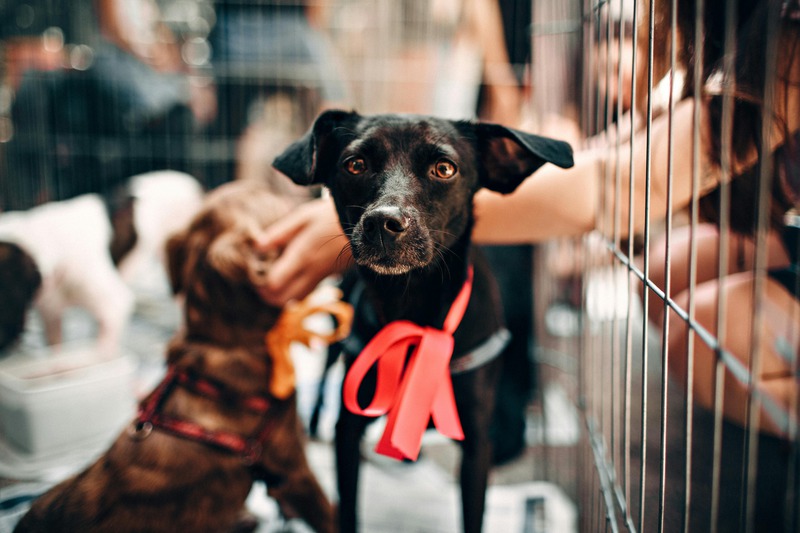For many pet owners, a routine vet check-up is essential in safeguarding their beloved animals’ health and well-being. These regular visits to the veterinary clinic are vital for maintaining pet care, from monitoring pet health to engaging in disease prevention. In simple terms, a routine vet check-up is the pet equivalent of a human physical exam – a chance for the veterinarian to assess your pet’s general condition and to catch any potential issues early on.
Understanding the Significance of Regular Check-Ups
Pet care encompasses more than just feeding and grooming. By committing to regular check-ups, pet owners invest in their pets’ longevity and quality of life.
-
Vaccination: Updating vaccines to protect against diseases.
-
Pet wellness exams: Comprehensive health assessments, including physical examination and weight checks.
-
Disease prevention: Guidance on preventing common illnesses.
The Welcoming Start: Checking In at the Clinic
The visit kicks off with a warm reception where pet owners often discuss any concerns they’ve noticed since the last visit.
-
Initial Conversation: Discuss pet behavior changes or other concerns.
-
Vet technicians: Play a role in gathering preliminary information.
-
Documentation: Ensure records are up to date, including any changes in pet lifestyle.
Physical Examination: The Heart of the Check-Up
A thorough physical examination is the cornerstone of any routine visit to the veterinary hospital.
-
Overall assessment: The vet thoroughly inspects the pet from nose to tail.
-
Dental check-up for pets: Checking teeth and gums to prevent dental diseases.
-
Weight Management: Ensuring the pet maintains a healthy weight to prevent obesity-related issues.
Vital Health Checks and Veterinary Diagnostics
Pet healthcare professionals delve deeper into the pet’s condition using various medical tests.
-
Lab Work: Blood, urine, and fecal tests can reveal hidden health problems.
-
Early detection: Important for timely treatment and management of diseases.
-
Specialized tests: Sometimes necessary based on the pet’s age or breed.
Preventative Measures and Health Optimization
Part of regular vet check-ups focuses on preventative measures and enhancing the pet’s daily health.
-
Parasite Control: Advice on how to handle fleas, ticks, and worms.
-
Pet dietary advice: Nutritional guidance tailored to the pet’s specific needs.
-
Spaying/Neutering: Discussing the benefits of these procedures on pet health.
Behavior and Mental Health: Observations Beyond the Physical
Vets also take time during routine check-ups to discuss the pet’s behavior and mental well-being.
-
Pet’s mental health: Assessing for signs of stress or anxiety.
-
Behavioral recommendations: Offering solutions for common behavioral issues.
-
Environmental enrichment: Suggesting ways to spice up the pet’s life.
Veterinary Care Beyond the Routine
While regular visits cover the basics, sometimes additional vet services are imperative for pet health.
-
Pet surgery: Planned or emergency procedures and postoperative care.
-
Emergency vet services: Immediate help is available, sometimes at a 24-hour vet clinic.
-
Referrals: Sometimes specialists are needed for complex health issues.
Visiting the vet can sometimes lead to discovering the need for specialized care. For instance, if a pet is showing signs of illness that could be serious, such as cancer, the general practitioner may recommend a visit to a dog oncologist to get professional advice and treatment.
Optimizing the Veterinary Experience
Promoting a stress-free visit for both the pet and the owner is central to enhancing the quality of pet care.
-
Transportation: Tips to help pets feel safe and calm during travel.
-
Minimizing anxiety: Strategies to reduce pet anxiety at vet clinics.
-
Familiarization: Occasional visits to the clinic without treatment can build positive associations.
Within a community, the importance of a pet clinic becomes evident as it provides essential healthcare services and fosters pet well-being. Facilities offering animal check up in Pflugerville, for example, play an integral role in maintaining the health of the local pet population.
After the Visit: Home Care and Follow-Up
Post-visit, practical steps continue to ensure optimal pet health.
-
Home instructions: Clear guidelines are given for any treatments, medications, or lifestyle adjustments.
-
Monitoring: Owners are informed about signs to watch out for at home.
-
Follow-up appointments: Scheduling future visits, including regular check-ups or necessary procedures.
Maintaining regular vet appointments is a proactive approach to ensure a happy, healthy life for pets. It fosters early detection of potential health issues, allows for timely interventions, and establishes a trusting relationship between veterinarians, pets, and their owners.
If you’re seeking comprehensive pet care, remember that click here is not merely a call to action but the beginning of a journey toward ensuring your pet’s health and happiness. Whether you have a playful puppy or a serene senior, embracing the full scope of veterinary services, from routine check-ups to emergency responses, enriches and potentially lengthens the life of your pet.
To End
Through the diligent pursuit of veterinary care, pet owners can look forward to celebrating many healthy years with their four-legged companions. Remember, a routine vet check-up is more than just a visit; it’s the foundation of your pet’s health and an act of love for your faithful companion.


